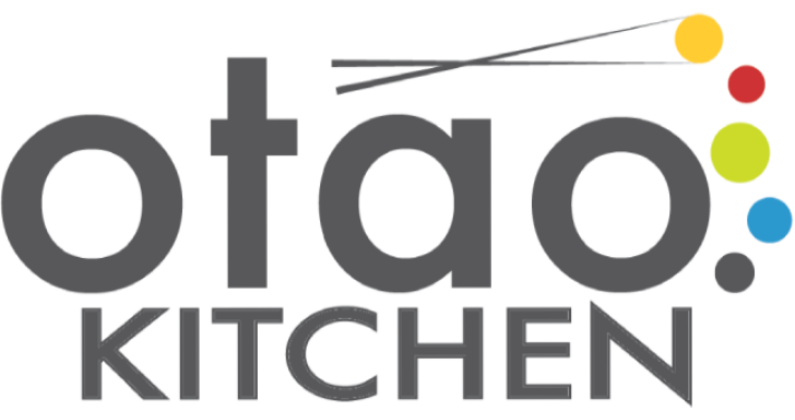
Blogs

Our Favourite Cooking Oils – How to Choose the Right One for Your Dish
When it comes to cooking, choosing the right oil can make a big difference in both flavour and health. At Otao Kitchen, we love using a variety of oils in our classes and recipes. Whether you're pan frying, stir frying, baking, or finishing a dish with a drizzle, it’s important to choose an oil that suits the method.
One of the most important factors is an oil’s smoke point—the temperature at which it begins to break down and produce smoke. Heating oil past its smoke point not only spoils the flavour, but can degrade nutrients and release harmful compounds known as free radicals.
Here are our favourite cooking oils and how we use them at Otao Kitchen.

Woks
If I had to choose one all-inclusive cooking tool, I would choose a wok. A wok is a traditional Asian pan used for cooking quickly at high temperatures. Typically, it gets used for stir-frying, boiling, braising, deep-frying and steaming. You can also do most of this with a regular pan or skillet, however a wok is thin and large, making it very heat efficient and easier to use when cooking Asian foods.

Food Hygiene and Safety at Home: Your Ultimate Guide to Preventing Food Poisoning
Each year, millions of people fall ill from foodborne illnesses, often mistaking the symptoms for the flu. But food poisoning can be much more severe—causing long-term health complications, especially for vulnerable groups such as pregnant women, older adults, and people with weakened immune systems.
Practicing good personal hygiene and food safety at home is one of the most effective ways to prevent these illnesses. Bacteria that cause food poisoning can live on your hands, clothing, hair, and even healthy-looking skin. If you touch your nose, mouth, or hair, then prepare food without washing your hands, you're spreading harmful microbes directly into your meals.
In this comprehensive guide, we'll cover the four golden rules of food safety—Clean, Separate, Cook, and Chill—plus personal hygiene, storage, and reheating tips to keep you and your family safe and healthy in your kitchen.

Whether you are new to cooking or experienced in your kitchen, mastering knife skills is not only important for keeping you safe but will make your recipes that much better.
Are you struggling to manage a busy lifestyle and eat right? Menu planning may be the answer. You’ll find it easier to eat nutritious meals, save money and become more efficient in the kitchen. Here are some steps to help you plan meals and menus throughout the week.

A well-stocked pantry is the best way to ensure you have everything necessary to make a delicious, filling dinner any day of the week. Classic pantry staples such as tinned tomatoes, canned beans, sugar salt, pasta, varieties of flours, noodles and rice can provide the foundations to make something tasty, when there isn’t much left in the vegetable crisper! Flavour boosting convenience items like spices, dried herbs, sauces, pickles, oils, vinegars and stock are paramount to keeping your home kitchen ready to whip up a yummy meal at short notice.
